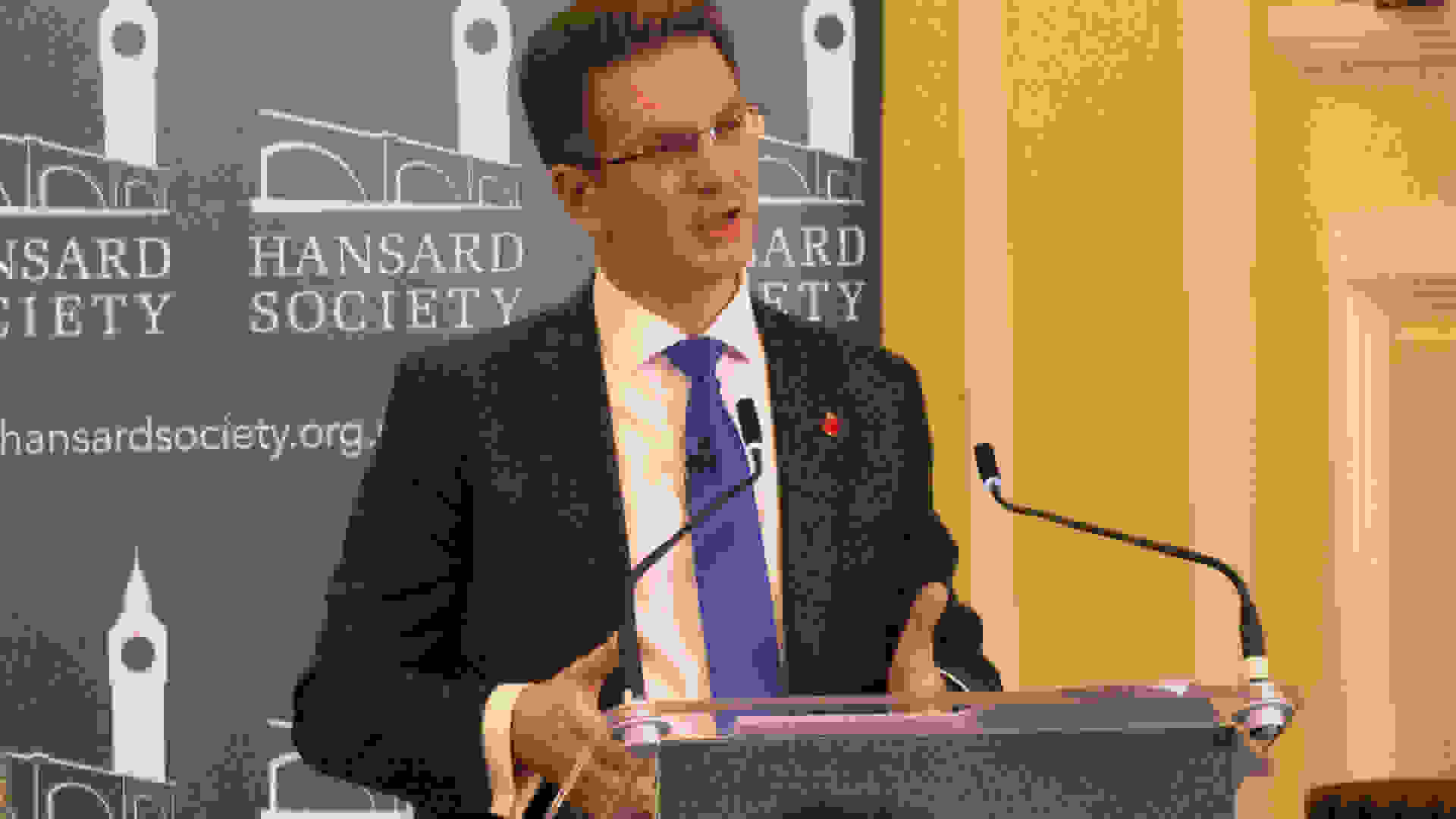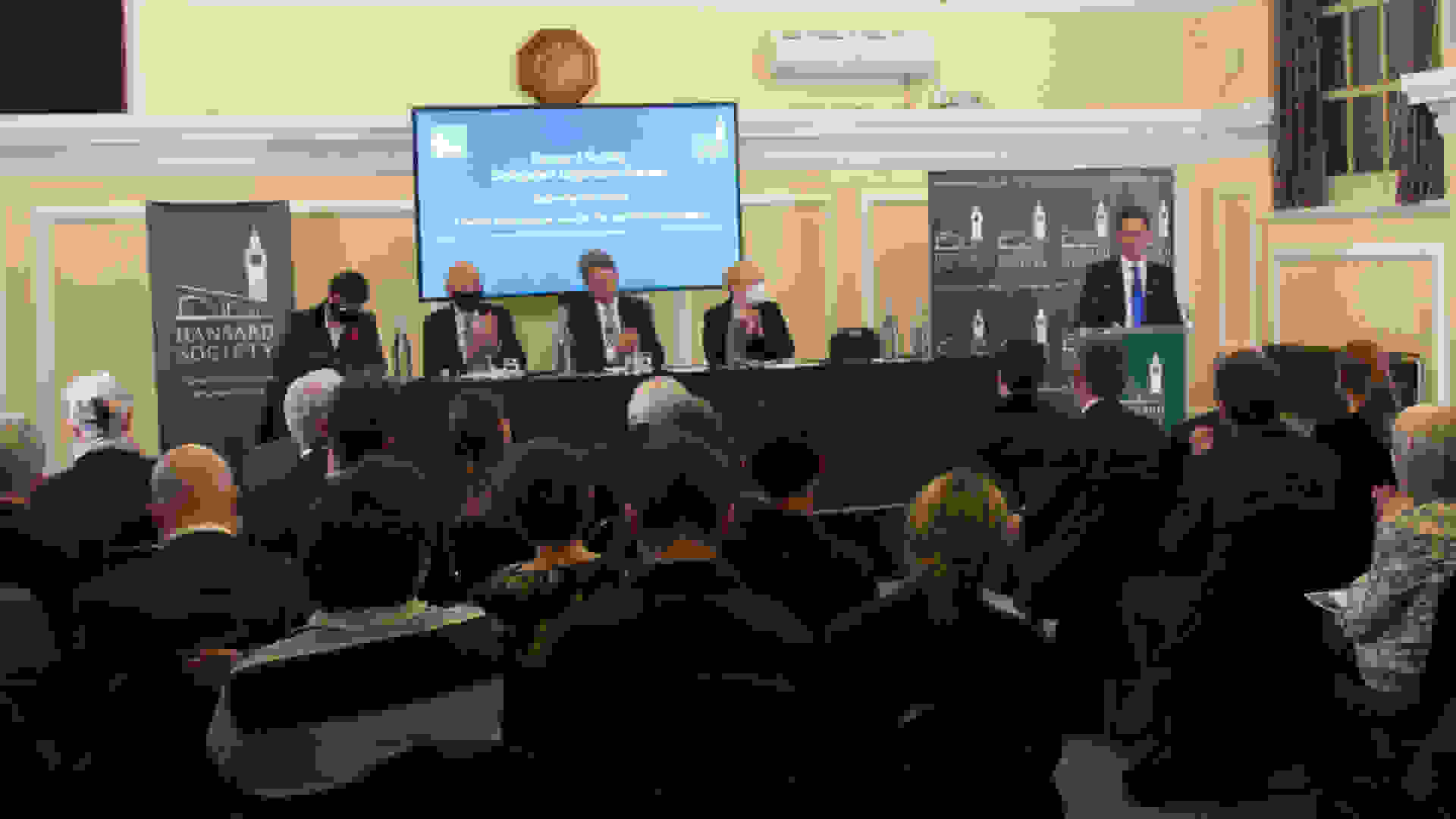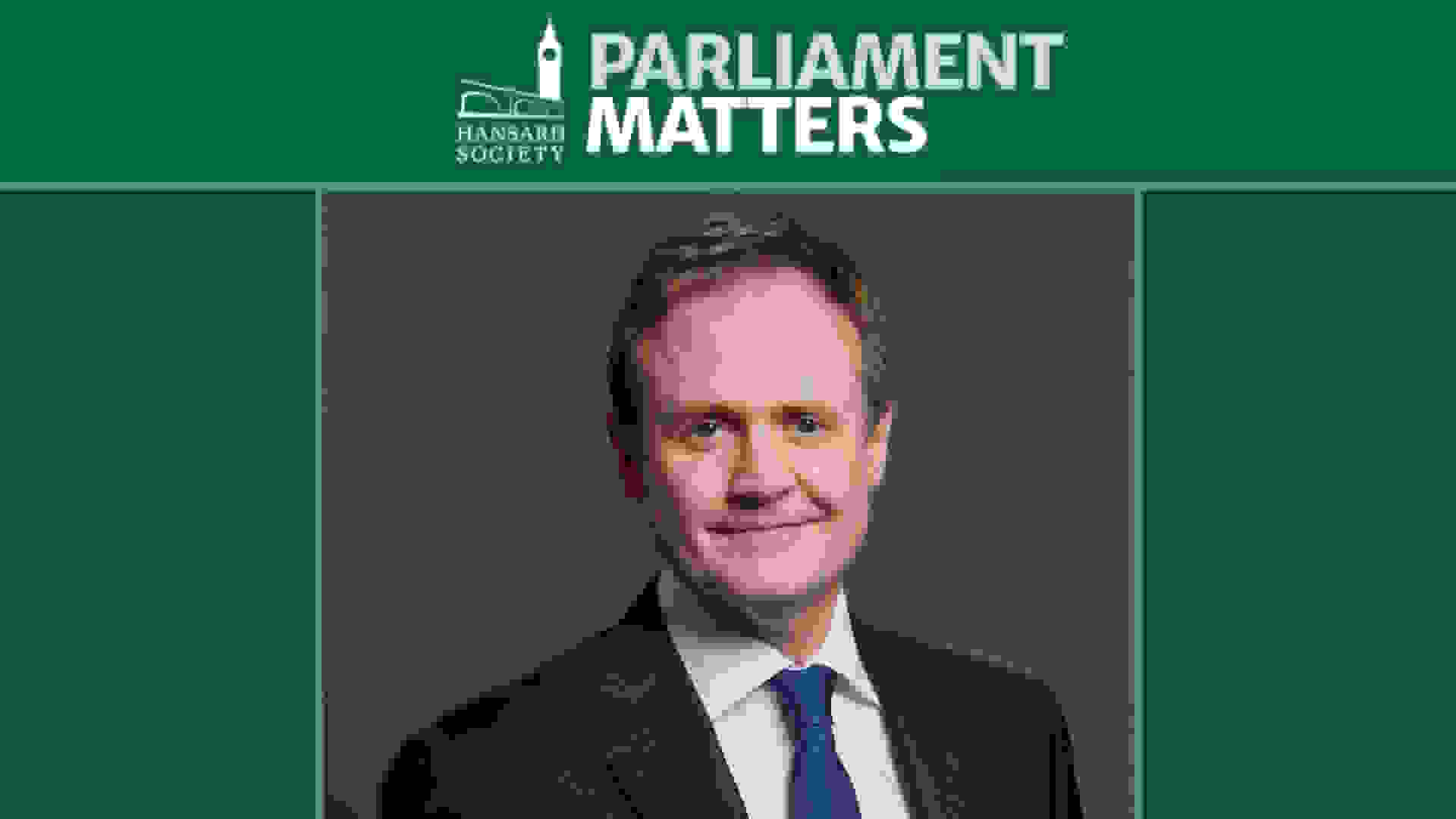Publications / Democratic control of political power matters: keynote address by Steve Baker MP
The full text of the keynote address given by Steve Baker MP at the launch of the Hansard Society Delegated Legislation Review, 2 November 2021.


On 2 November, the Society launched its Delegated Legislation Review to an audience of MPs, Peers and constitutional experts. The event – which included two panel discussions with Members from across the political spectrum and a keynote address by Steve Baker MP – unpacked the problems with the delegated legislation system and explored avenues for reform.
Speakers
Thangam Debbonaire MP
Patrick Grady MP
Mark Harper MP
Chair: Dr Ruth Fox, Director, Hansard Society
The Delegated Legislation Review: presentation by Dr Ruth Fox, Director, and Dr Tom West, Delegated Legislation Review Manager, Hansard Society
The full text of the keynote address given by Steve Baker MP at the launch of the Hansard Society Delegated Legislation Review, 2 November 2021.

Keynote address: Steve Baker MP
Respondents: Dame Angela Eagle MP and The Rt Hon the Lord Judge
Chair: Murray Hunt, Director of the Bingham Centre for the Rule of Law

This work is supported by the Legal Education Foundation as part of the Hansard Society's Delegated Legislation Review.
The newly elected Green MP, Hannah Spencer, will be introduced to the House of Commons. A Ministerial Statement is expected on the situation in Iran, while the Foreign Secretary faces MPs’ questions. Chancellor Rachel Reeves will deliver her Spring Statement, and MPs will consider billions of pounds in revised departmental spending through the Supplementary Estimates. The Commons will debate the Representation of the People Bill, the contribution of Commonwealth troops in the First World War, and the future of palliative care. In the Lords, Peers will scrutinise the Crime and Policing, Tobacco and Vapes, National Insurance Contributions, and English Devolution bills, as well as debate the India trade deal and International Women’s Day. Select committees will hear from Northern Ireland, Home Office and Cabinet Office ministers, military experts on the Armed Forces Bill, and Bank of England officials.

After the Greens’ Gorton and Denton by-election win, we assess the fallout: pressure on the Prime Minister, possible party-switching, shifting alliances, and whether mainstream parties’ sub-30% vote share could revive electoral reform. Tom Tugendhat MP calls for a parliamentary “super-committee” to probe the Mandelson–Mountbatten-Windsor saga. Plus: Speaker drama over Mandelson’s arrest, and looming battles over the Spring Statement and billions in public spending. Listen and subscribe: Apple Podcasts · Spotify · Acast · YouTube · Other apps · RSS

Why is Britain’s first female Cabinet Minister largely forgotten? Historian Nan Sloane discusses her new biography of Margaret Bondfield, the trade unionist who became the first woman in the British Cabinet. Rising from harsh shop-floor conditions to national prominence, Bondfield took office as Minister of Labour in 1929 at the onset of the Great Depression. As economic crisis split the Labour Party, her reputation never recovered. Was she a pioneer, pragmatist, or unfairly judged? Listen and subscribe: Apple Podcasts · Spotify · Acast · YouTube · Other apps · RSS

Labour MP Neil Duncan-Jordan reflects on rebelling against the whip and calling for Keir Starmer to resign, as we assess the fallout from the Mandelson–Epstein affair and its implications for the Government’s legislative programme and House of Lords reform. We examine Gordon Brown’s sweeping standards proposals, question whether they would restore public trust, revisit tensions over the assisted dying bill in the Lord and discuss two key Procedure Committee reports on Commons debates and internal elections. Listen and subscribe: Apple Podcasts · Spotify · Acast · YouTube · Other apps · RSS

The Restoration and Renewal Client Board’s latest report once again confirms what Parliament has known for nearly a decade: the cheapest, quickest and safest way to restore the Palace of Westminster is for MPs and Peers to move out during the works. The “full decant” option was endorsed in 2018 and reaffirmed repeatedly since. Remaining in the building could more than double costs, extend works into the 2080s, and increase risks to safety, accessibility and security. With the Palace already deteriorating and millions spent each year on patchwork repairs, further delay would itself be an expensive course of action, one that defers decisions without offering a viable alternative.

